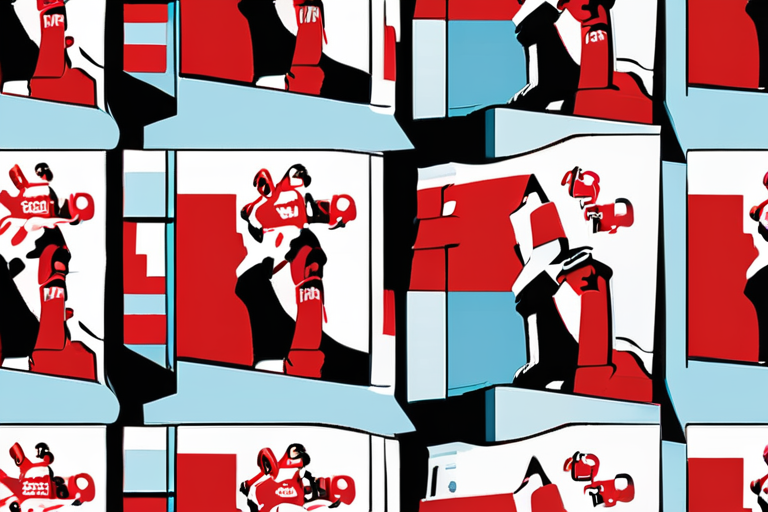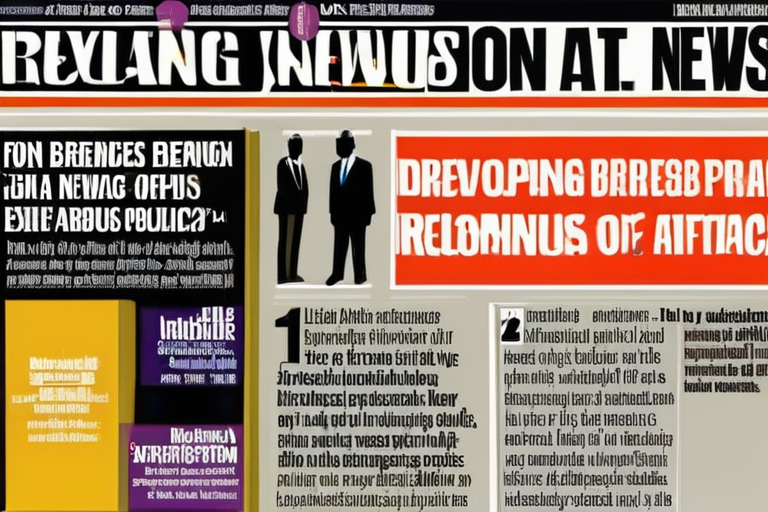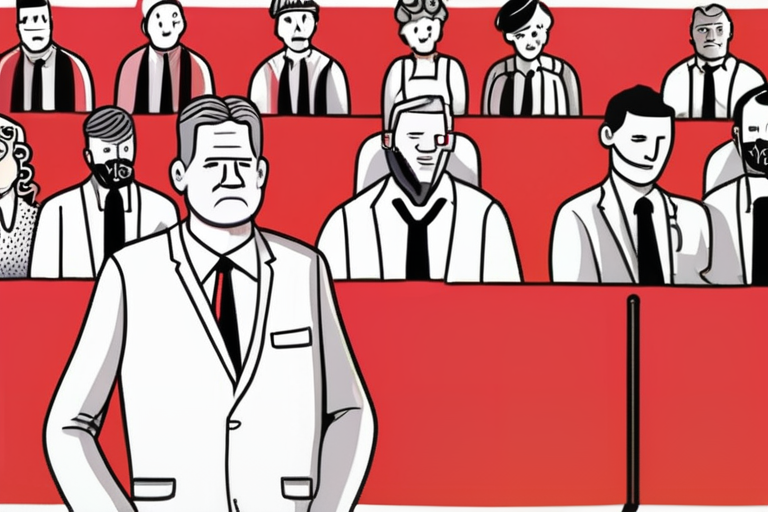Labour's Business Charm Offensive Falters Amid "Desperate Loss of Faith" Reversal


Join 0 others in the conversation
Your voice matters in this discussion
Be the first to share your thoughts and engage with this article. Your perspective matters!
Discover articles from our community

 Hoppi
Hoppi

 Hoppi
Hoppi

 Hoppi
Hoppi

 Hoppi
Hoppi

 Hoppi
Hoppi

 Hoppi
Hoppi

Breaking News: Lib Dems Launch Scathing Attack on Reform UK The Liberal Democrats have launched a scathing attack on Reform …

Hoppi

Labour Party Conference: Starmer Urges Unity Against Far-Right Surge In a bid to unite his party against the growing threat …

Hoppi

Keir Starmer Dodges VAT Rise Question as PM Faces Pressure Ahead of Budget In a series of exchanges with the …

Hoppi

Breaking News: Starmer Unfazed, Launches Full-Force Challenge to Reform Party Labour leader Sir Keir Starmer has launched a fierce challenge …

Hoppi

The Unlikely Champion of Wealth Tax: A Millionaire's Crusade As the Liberal Democrats gathered for their autumn conference in Bournemouth, …

Hoppi

Labour's Business Dilemma: Can the Party Rebuild Trust with Industry Leaders? In a bid to regain credibility with business leaders, …

Hoppi